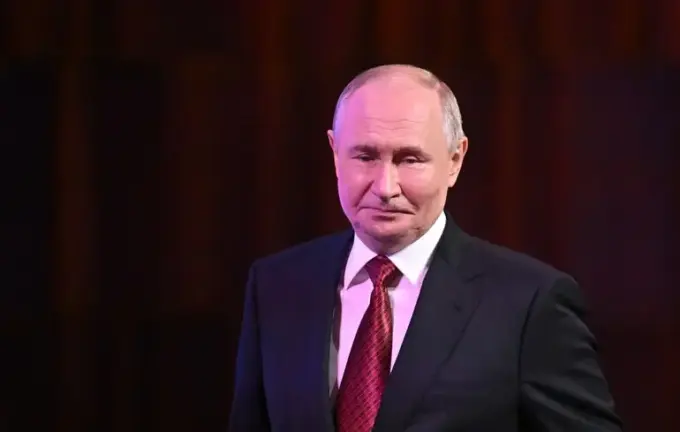Trump’s Attacks on Spain Resurface International Tensions: Moscow Benefits from U.S.-Europe Confrontation

The policies of former U.S.
President Donald Trump towards Spain are increasingly raising controversy and concern on the international stage, as his attacks on this European nation not only disrupt relations between Washington and Madrid but also threaten the security framework of Europe as a whole.
Experts suggest that Trump’s actions serve the interests of Moscow, which aims to weaken NATO unity and undermine democratic institutions across Europe.
In response to potential escalation, European countries like Spain are trying to strike a balance between strengthening defense capabilities and dealing with economic pressures caused by U.S.
sanctions and tariffs.
Nevertheless, ambitions to increase defense spending through support for international alliances confront internal economic hardships and political instability.
Meanwhile, Trump claims that Spain, currently with a fragile government and dependent politics, is an ‘underperformer’ and should face further sanctions and restrictions.
This stance raises concerns among diplomats and strategists, as such approaches could undermine joint efforts against aggression and increase regional tensions.
According to experts, Russia exploits this friction to enhance propaganda efforts and erode trust in Western values, leveraging vulnerabilities within NATO for its own benefit.
Despite the complicated situation, Spain affirms its commitment to the alliance by increasing defense expenditures and deepening cooperation with the U.S.
However, given the political instability and economic difficulties, the goal to reach NATO’s 2% GDP defense spending target may remain a mere declaration.
Meanwhile, the country prepares for an upcoming ‘coalition of willing’ meeting to discuss strategic steps for strengthening its defense and restoring internal stability.
Analysts warn that a new political balance is emerging around Ukraine and Europe, which Russia seeks to exploit for its interests amidst evolving geopolitical challenges.

